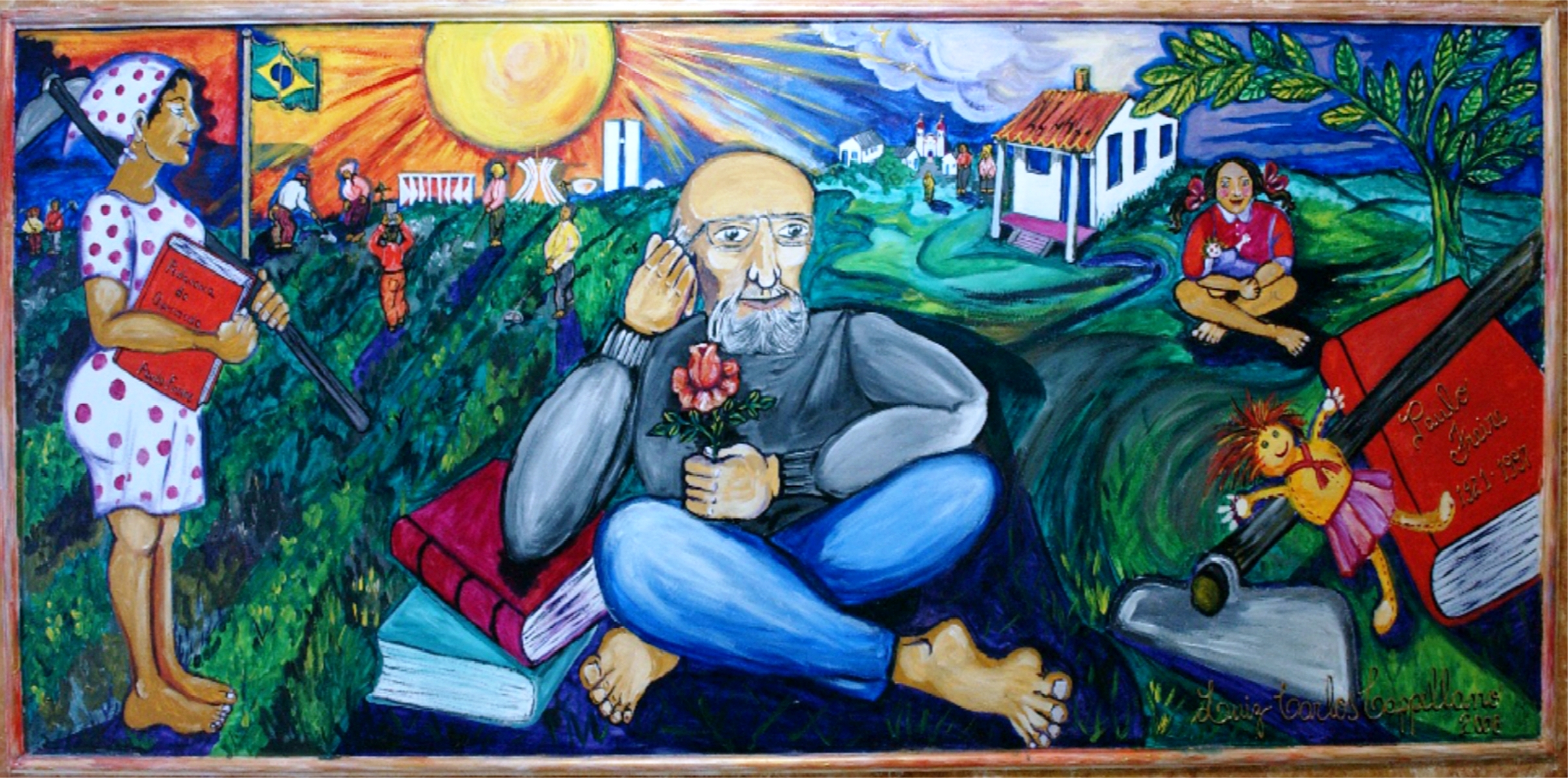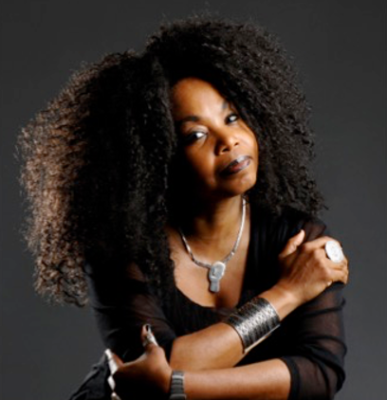Who are the “oppressed” in Paulo Freire’s Pedagogy of the Oppressed? All over the world, these are the damned of the earth; those colonized from overseas lands; those battered, raped or feminized women; those proletarians exploited, disqualified or invalidated; these populations bombarded, starved and driven out; those discriminated, marginalized or excluded people; those children unloved, abandoned and deprived of basic needs; those impoverished people afflicted with injustice, and condemned to destitution; those “indignados” whose denunciations are ridiculed, or quite simply ignored; those descendants of slaves who suffocate under the masked cover of systemic, systematic and chronic racism; those migrants whose bodies are deprived of dignity, dead or alive; those human-beings in need of life in the face of the daily, ordinary and banal violence that descends enmeshes us relentlessly and unrepentingly … the oppressed: it is the whole of humanity despoiled, threatened, dehumanized….
Paulo Freire’s Pedagogy of the Oppressed is the articulation of words into the evils of the world; it is the articulation of words into the anger of the world. This anger gushes out like a forceful, pounding, thick rain, to better irrigate social thought, to better sharpen activism and to raise it like a cry of the oppressed! In all latitudes, Paulo Freire’s anger was heard and continues to be heard by the oppressed for over half a century. My own anger, denigrated, invalidated and stifled, that of a person who is both woman and black, is in search of her cry!
It is with his anger that Paulo Freire sculpts social consciousness into its critical, political, ethical and practical dimensions! It is in his anger that Paulo Freire draws the civic energy necessary for the transformation of dystopian social realities and the emancipation of the oppressed. It is from his anger that Paulo Freire plunges into the social action undertaken to re-configure the difficult dialogical and dialectical praxis that is integral to the process of emancipation. It is with his anger that Paulo Freire denounces social relations infused in domination, oppression, violence. And it is thanks to his anger that Paulo Freire builds his pedagogy of indignation, love, hope and dreams, walking together, on the path of/for education, towards the necessary utopia of a democracy.
Freire’s Pedagogy of the Oppressed turns out to be a pedagogy of anger. In this sense, it echoes the thought of Audre Lorde, who sees anger as a powerful source of knowledge and empowerment. What are the ontologies, axiologies, epistemologies and praxis that Freire brings to a pedagogy of anger? In a context of domination, oppression and dehumanization such as that described and denounced by Freire, the pedagogy of anger is, ontologically, a radical struggle waged in plural solidarity with the Oppressed against the dynamics of domination and oppression as well as all the violence exercised by individuals, institutions and society in a systemic manner. Consequently, a pedagogy of anger aims to transform the dystopian social realities experienced by the oppressed (violence, disqualification, social and environmental injustice, marginalization, exclusion) and the emancipation of people. An epistemology of anger feeds on various critical theoretical sources, such as feminism, anti-racism, decolonialism, indigenism, ecofeminism, in order to better deconstruct the context of oppression and re- and co-build transformative knowledge and emancipation. In its political, critical, ethical praxis, at the same time, a pedagogy of anger poses the centrality of dialogue (otherness, authenticity, trust, companionship) and its dialectics (juxtaposing the tension of opposing poles, contradictions). This may seem paradoxical, and this is precisely the great challenge of such a pedagogy: overcoming contradictions. Combine anger and dialogue, contradictions and dialectics, denunciation and annunciation, freeing oneself and, in doing so, freeing one’s oppressor.
For this, a pedagogy of anger is immediately part of a radical philosophical perspective, of awakening (awakening), of awakened beings (“woke”) and of vigilance (awareness), from a social subject to a sociocritical consciousness in the face of the violence experienced by the oppressed. The pedagogy of anger is driven by a double ethical imperative: the “duty of anger” and the “duty of radical love.” Beyond the apparent paradox, these two tense ethical imperatives are perhaps the starting point for a truly transformative and emancipatory education. Thinking of, and thanking, Paulo Freire for his inspirational vision, work and life!



